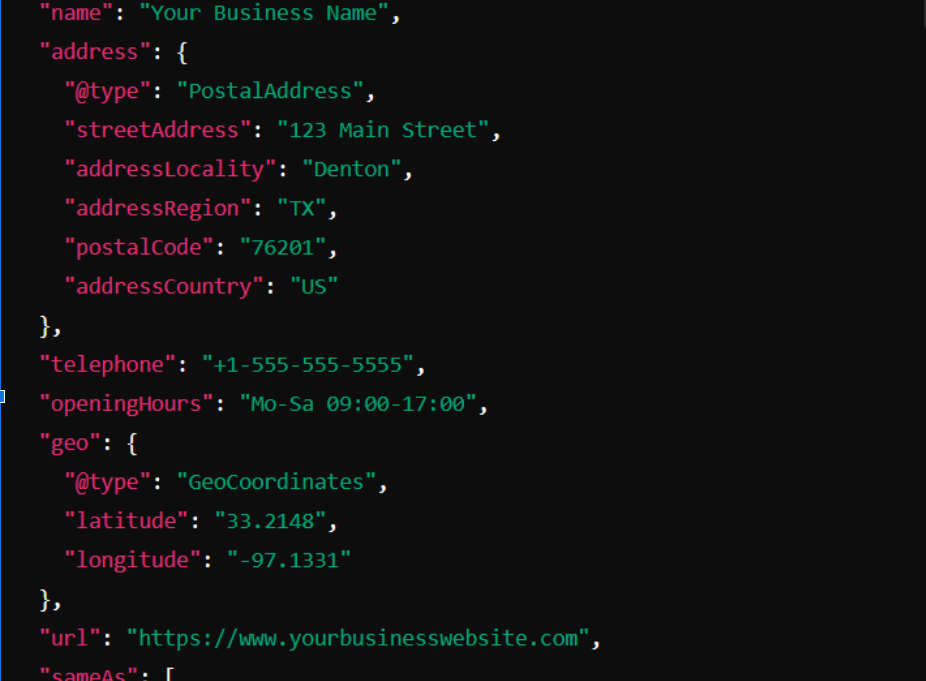
Website Speed Optimization: How to Improve SEO & User Experience
A fast-loading website is essential for SEO success and user satisfaction. In today’s digital age, users expect websites to load within seconds—and search engines like Google reward speed with better rankings. Website Speed Optimization is not just a technical upgrade; it’s a strategic move that significantly enhances your site’s performance, visibility, and conversion rates.
When your website takes too long to load, visitors tend to leave, increasing bounce rates and reducing your chances of turning them into leads or customers. On the other hand, a well-optimized website keeps users engaged, encourages them to explore more pages, and signals search engines that your content is valuable and user-friendly.
Why Website Speed Optimization Matters
Search Engine Rankings: Google uses site speed as a ranking factor in its algorithm. Faster websites are more likely to rank higher in search results.
User Experience: Visitors are more likely to stay and interact with a website that loads quickly and responds smoothly.
Mobile SEO: Mobile users expect even faster load times. A slow site on mobile devices can drive away traffic and reduce your SEO effectiveness.
Conversion Rates: Studies show that even a one-second delay can reduce conversions by up to 7%. Faster websites lead to better business results.
Brand Reputation: A smooth and responsive website creates a professional first impression and builds trust with your audience.
SEO Roadmap for Website Speed Optimization
1. Analyze Website Performance
- Use Google PageSpeed Insights and GTmetrix to test speed.
- Identify slow-loading elements and optimize website speed accordingly.
2. Optimize Hosting & CDN
- Choose fast hosting providers like SiteGround or Kinsta.
- Implement Cloudflare CDN for faster global performance.

3. Optimize Images & Media
- Compress images using TinyPNG or ShortPixel.
- Convert images to WebP format and enable lazy loading for better website speed optimization.
4. Minify & Optimize Code
- Minify CSS, JavaScript, and HTML to reduce file size.
- Use async/defer loading to prevent render-blocking issues.
5. Enable Caching & Compression
- Use WP Rocket or .htaccess for browser caching.
- Enable GZIP compression for faster page load times.
6. Reduce Server Requests & Optimize Database
- Clean the database with WP-Optimize (for WordPress).
- Reduce external scripts and HTTP requests for better speed optimization.
7. Ensure Mobile Optimization
- Implement responsive design and test on all devices.
- Use Accelerated Mobile Pages (AMP) for improved mobile speed.
8. Monitor & Improve Continuously
- Regularly test speed with GTmetrix & Lighthouse.
- Optimize based on Core Web Vitals reports.
Who Should Care About Website Speed Optimization?
Every website owner—whether a small business, eCommerce store, law firm, or service provider—should prioritize Website Speed Optimization. It’s especially important for local businesses competing in search results where user experience and performance are key.
If you’re targeting clients in a specific region like Denton, ensuring your site is fully optimized is even more critical to outrank competitors and win local traffic.

- Regularly test speed with GTmetrix & Lighthouse.
- Optimize based on Core Web Vitals reports.
Frequently Asked Questions
✅ Why is website speed optimization important?
It improves SEO rankings, user experience, and conversion rates.
✅ How do I test my website speed?
Use GTmetrix or PageSpeed Insights.
✅ What slows down a website?
Large images, unoptimized code, and slow hosting providers.
✅ How do I improve mobile speed?
Use AMP and responsive design techniques.
✅ Does website navigation affect SEO?
Yes, clear and simple navigation improves user experience and SEO.
Conclusion
Website Speed Optimization is key to higher SEO rankings, improved user experience, and increased conversion rates. By implementing the right strategies—testing performance, compressing images, minifying code, enabling caching, and optimizing for mobile—you can create a high-performing website that ranks well on Google.
Start optimizing your website speed today for SEO success!
🚀








